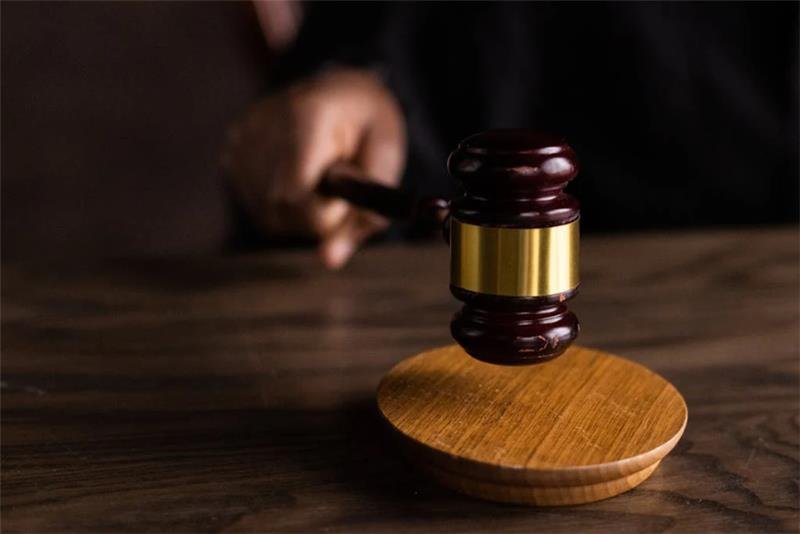A Kenyan court has closed the inquest into the death of British businessman Harry Roy Veevers, ruling that the cause of death could not be determined. The decision comes after years of investigation, during which the tycoon’s exhumed body was found to be too decomposed to yield any clear answers. Magistrate David Odhiambo ordered the case to be closed, citing the extensive decomposition of the body, which had been stored in a morgue for over a decade.
Veevers, who passed away in February 2013 in the coastal city of Mombasa, was buried according to Islamic rites, despite not being Muslim. His sudden death and the burial raised suspicions, leading to a lengthy legal battle initiated by his sons from a previous marriage. The sons have accused their father’s second wife and her daughters of being involved in his death for financial gain. However, they have denied any wrongdoing.
Why Was the Cause of Death Inconclusive?
The Kenyan court ruled that the decomposition of Veevers’ body made it impossible to determine the cause of death with certainty. The body was exhumed months after the burial, and conflicting reports from pathologists, government chemists, and other experts complicated the investigation. In his ruling, Magistrate Odhiambo stated that the investigations were “considered closed unless new information comes to light.”
Despite the initial suspicion that Veevers may have been poisoned, tests conducted after the exhumation showed traces of a pesticide. However, pathologists disagreed on whether the pesticide could have been the cause of death, further clouding the investigation. With no clear conclusion, the court decided to terminate the inquest. Here is the link to our article on Kenya’s Eritrean Migration Dangers.
What Were the Accusations Against Veevers’ Family?
Veevers’ sons, Richard and Philip, raised concerns about their father’s sudden death, suggesting foul play. They questioned why their father had been buried so quickly and without a post-mortem, pointing out that he was not Muslim and was buried under a false name. They also suggested that their father might have been poisoned to ensure that his multi-million-dollar estate would pass to his second wife and her daughters.
The case was initially closed in January of the previous year by a magistrates’ court, which ruled that Veevers’ death was not suspicious. However, the sons successfully appealed the ruling, presenting new evidence to the High Court. The case was sent back to the magistrates’ court, and the exhumation took place in response to the new claims.
What Were the Findings from the Exhumation?
After the exhumation, pathologists reported traces of a poisonous substance both on the remains of Veevers and in the soil surrounding the grave. Despite these findings, the experts could not definitively link the substance to his death. The conflicting reports from the pathologists, government chemists, and other professionals made it impossible to draw any firm conclusions about the cause of death.
Magistrate Odhiambo’s decision to close the case emphasized that, in the absence of conclusive evidence, no charges could be brought against anyone. The court instructed that Veevers’ body be released from the morgue once the accumulated storage fees were paid. However, the court did not specify who would claim the body, leaving that decision to be made by another court. Here is the link to our article on Kenya Protests Government Accountability.
Final Thoughts: The Unresolved Mystery of Harry Veevers’ Death
The case of Harry Veevers’ death remains unresolved, with experts unable to determine the exact cause. The conflicting reports and extensive decomposition of the body made it difficult to reach a definitive conclusion. As the court closed the inquest, it left open the possibility of future investigations if new evidence emerges. For now, the mystery of Veevers’ death remains unsolved, and his family members are left to contend with the unresolved questions surrounding his passing.








